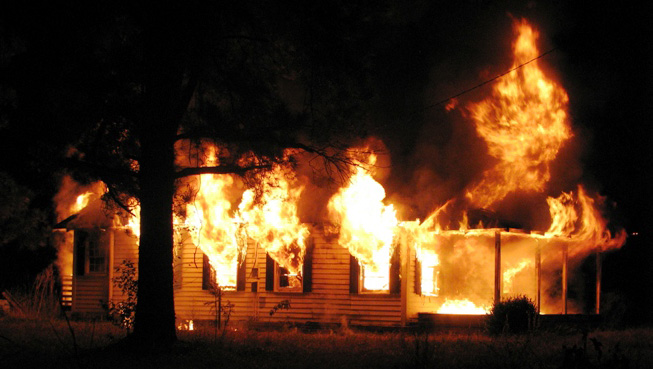
PHILADELPHIA, Nov. 17 – A federal judge in Pennsylvania has dismissed a bad faith claim against State Farm Insurance arising out of the handling of a UIM claim, ruling that neither the passage of time or the non-payment of the claim in themselves can establish a prima facie case of insurer bad faith under the Pennsylvania Bad Faith Statute.
In Sherman v. State Farm Ins. Co., 2017 U.S. Dist. LEXIS 190363, Judge Mark A. Kearney ruled that the Plaintiffs had not plausibly set forth a bad faith claim against State Farm arising out of a January 2013 auto accident involving Edward Sherman. After settling with the tortfeasor following the accident, the Shermans notified State Farm of their intent to pursue a UIM claim u nder their own auto policy in February 2015.
The complaint alleged that State Farm investigated the claim between Febryary and July of 2015 but that State Farm failed to make any offer of payment. After the Shermans sued State Farm in 2017, State Farm moved to dismiss statutory and common law bad faith claims from the complaint. In granting the motion to dismiss, Judge Kearney wrote:
“After July 1, 2015, we have no idea what happened. As of July 1, 2015, the parties were working together to address the Shermans’ UIM claim. Over two years later on September 27, 2017, the Shermans sued State Farm claiming it never provided the Shermans with UIM benefits…
Our court of appeals has consistently dismissed Section 8371 claims when the complaint lacks factual allegations of bad faith conduct, and only states conclusory allegations…
[The] Shermans allege communications evidencing responsive insurer conduct and then conclude, simply because they have not been paid since, State Farm is liable for bad faith. We have a gap of over two years with no allegation as to what happened. Bad faith is not presumed simply from a conclusory allegation of no payment. In conclusory fashion, the Shermans allege State Farm failed to make an informed decision regarding their claims, failed to pursue a diligent investigation, and failed to act in good faith. They also allege State Farm failed to make a settlement offer, and these actions were intentional, taken in bad faith, and aimed solely at reducing State Farm’s expenditures. These are the types of conclusory allegations which do not suffice. Failing to plead explanations or descriptions of what an insurer actually did, or why they did it, is fatal to a bad faith claim. We cannot measure the reasonableness of the insurer’s conduct absent facts. Legal conclusions are insufficient.”
Judge Kearney also dismissed the Plaintiff’s Breach of Implied Covenant of Good Faith and Fair Dealing claims, and further ruled that the Plaintiffs could not plead or recover attorneys’ fees on the remaining Breach of Contract claim.
Sherman v. State Farm Ins. Co., 2017 U.S. Dist. LEXIS 190363 (E.D. Pa. Nov. 17, 2017)(Kearney, J.)




